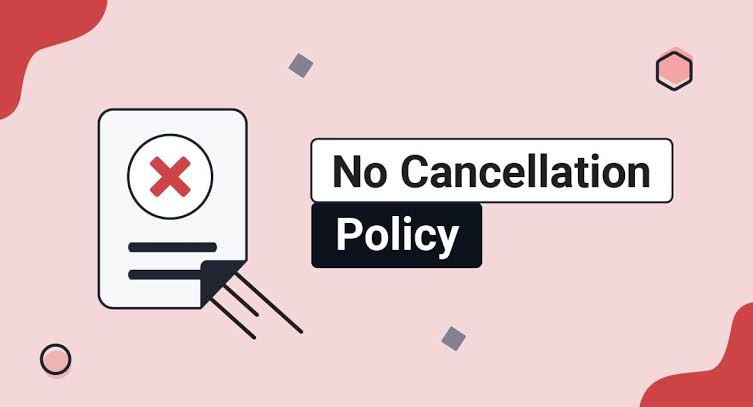Every medical practice faces the challenge of managing patient appointments effectively. No-shows and last-minute cancellations can be disruptive, causing revenue loss and reducing the practice’s efficiency.
Therefore, implementing a systematic cancellation policy template is crucial. This article will dive into the details of how to effectively create one. Read on to learn all the details.
Facilitate Patient Appointment Reminders
One of the most effective ways to reduce no-shows is by sending appointment reminders. However, it’s not enough to send them in English alone. The diverse patient population may require reminders in different languages to ensure they fully understand their appointment details.
A multilingual reminder system demonstrates cultural sensitivity and inclusiveness, making patients feel valued and respected. It also helps to minimize misunderstandings, ensuring patients remember their appointments correctly.
Revamp Your Reminder Script
The tone and content of your reminder script can significantly influence patients’ reactions. Instead of focusing on the possibility of cancellation, emphasize the importance of the appointment and how it contributes to their health. This approach encourages patients to keep their appointments instead of cancelling them.
Implement a Cancellation Fee
A cancellation policy template should include a fee that serves as a deterrent for last-minute cancellations. However, it’s essential to strike a balance when setting the price – too high, and it might discourage patients from booking; too low, and it won’t serve its purpose. The way to go is a reasonable fee that covers some of the lost revenue without being overly punitive.
Establish a Cancellation Cut-Off Time
A specific cut-off time for cancellations allows the practice to offer the appointment slot to other patients. This policy helps to maximize the clinic’s productivity and reduce wasted space. However, the cut-off time should be reasonable, giving patients enough time to cancel if necessary.
Define Fee Waiver Exceptions
While a cancellation fee is applicable, there should be exceptions for situations beyond the patient’s control. These could include emergencies, sudden illness, or adverse weather conditions. Having a clear policy for fee waivers ensures fairness and builds patient trust.
Communicate Your Policy to Patients
Clear communication of your cancellation policy is essential for its success. To inform patients about the policy, use multiple channels such as emails, text messages, website notifications, and verbal reminders during appointments. The clear, concise language will ensure patients understand the procedure and its implications.
Train Your Staff on the Policy
Staff plays a crucial role in enforcing the cancellation policy. They must be trained to explain the procedure to patients, handle objections, and deal with uncomfortable situations. Emphasizing kindness and understanding during these interactions will help maintain a positive relationship with the patients.
In Conclusion
In conclusion, creating a systematic cancellation policy template requires careful planning and execution. By following these steps, your practice can reduce no-shows and last-minute cancellations, improve efficiency, and maintain a positive patient experience.
Remember, the goal isn’t just to punish non-compliance but to encourage commitment to appointments, ultimately contributing to better patient care. We hope this article has been valuable to you, and thanks so much for taking the time to read it.
